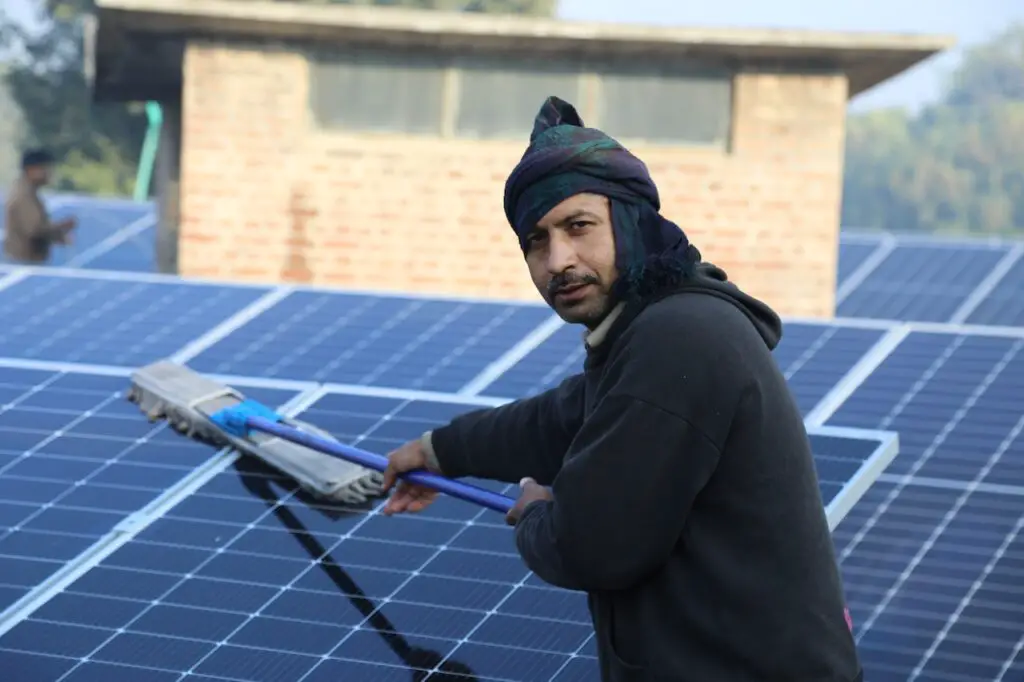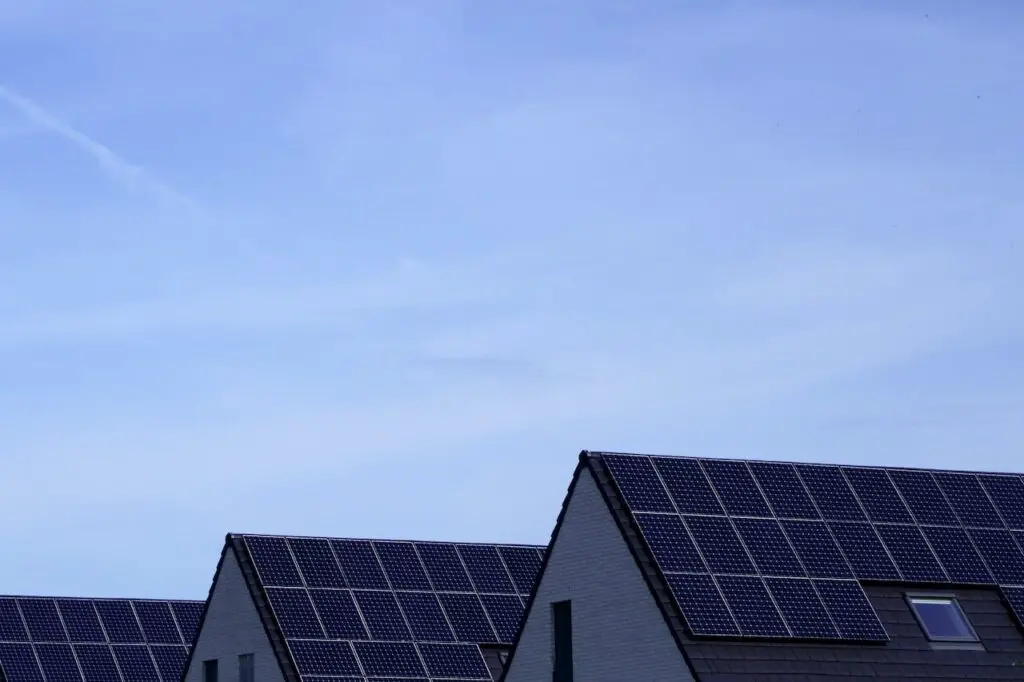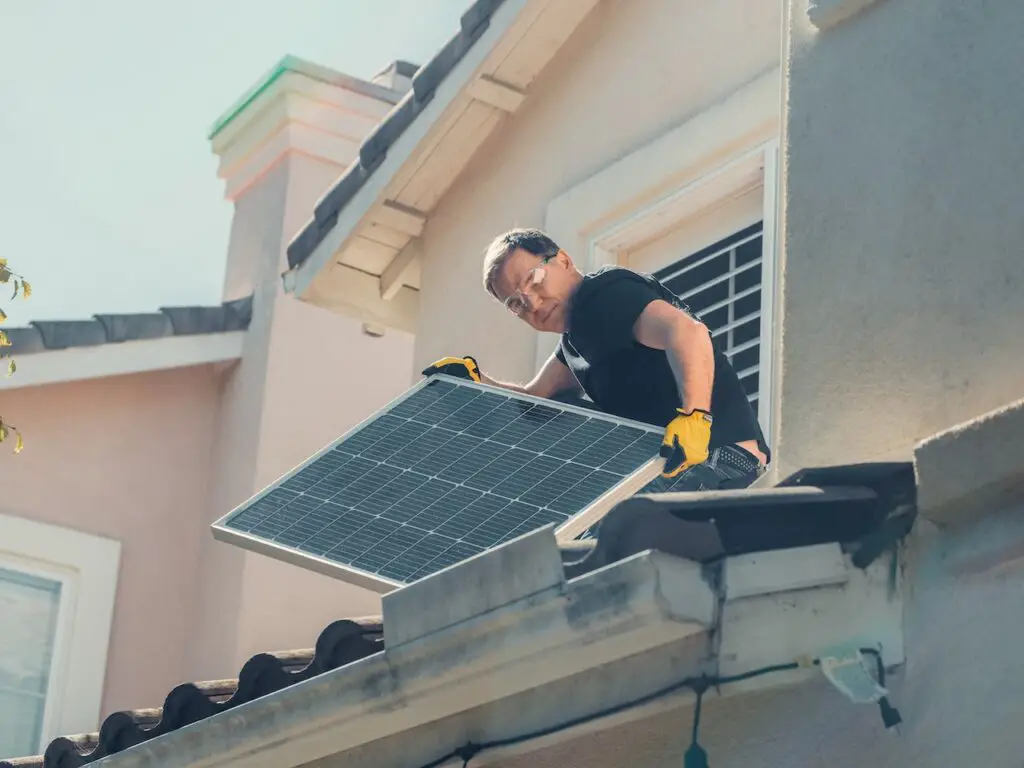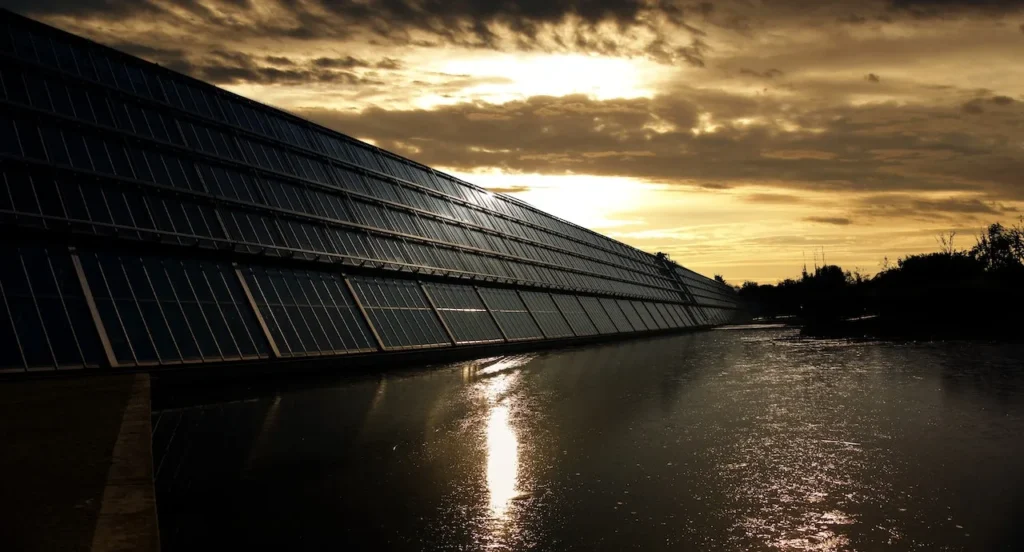If you’re considering installing solar panels, you might be wondering if they can be damaged by rain. After all, solar panels are designed to be exposed to the elements, and rain is a common occurrence in many parts of the world. The good news is that solar panels are built to withstand rain and other weather conditions, and they are generally very durable.
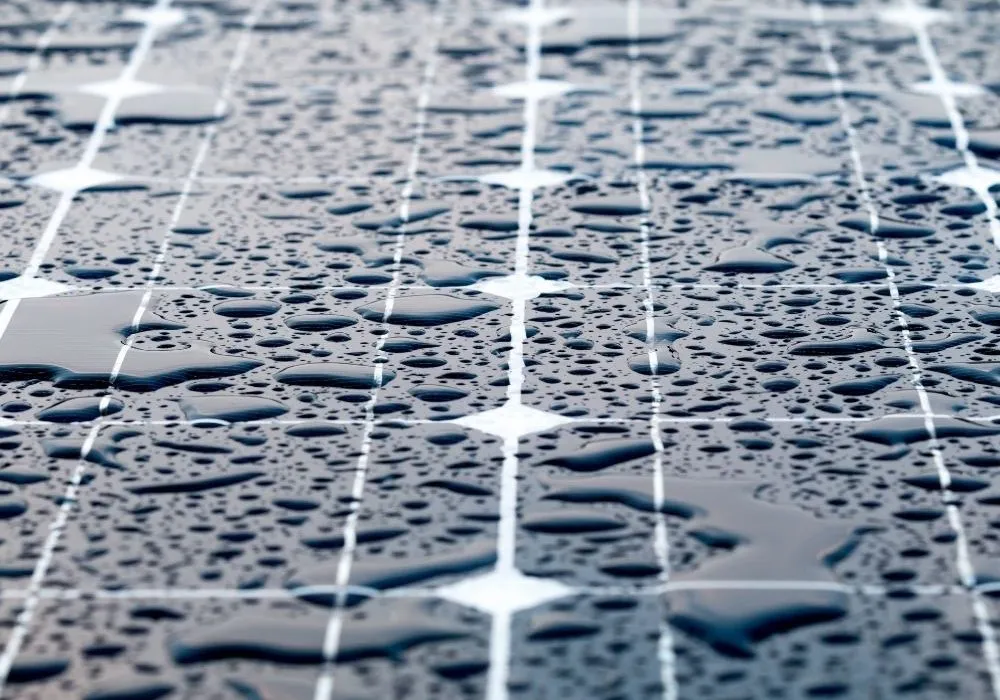
While rain alone is unlikely to cause damage to your solar panels, there are a few factors to keep in mind. For example, heavy rain or hail can potentially cause damage to your panels, especially if they are mounted in a vulnerable location. Additionally, if your solar panels are covered in dirt or debris, rain can cause these materials to slide down the surface of the panels and potentially cause scratches or other damage. However, if your panels are properly installed and maintained, rain should not pose a significant risk to their performance or longevity.
Overall, while it’s important to take care of your solar panels and protect them from potential damage, rain is generally not a major concern. With proper installation and maintenance, your solar panels should continue to generate clean, renewable energy for many years to come.
Can Solar Panels Be Damaged by Rain?
Solar panels are designed to withstand various weather conditions, including rain. However, heavy rain and extreme weather conditions can cause damage to solar panels. In this section, we will discuss the impact of rain on solar panels, factors that affect solar panel durability, and how to protect solar panels from rain damage.
The Impact of Rain on Solar Panels
Rain can impact the performance of solar panels by reducing their efficiency. During heavy rain, the amount of direct sunlight reaching the solar panels decreases, which can reduce the power output of the system. However, rain can also help to wash away dust and debris that may accumulate on the solar panels, improving their efficiency.
Factors That Affect Solar Panel Durability
Several factors can affect the durability of solar panels, including their age, quality, material, size, and installation. Additionally, extreme weather conditions such as hail, heavy snowfall, high winds, and flooding can cause damage to solar panels. Manufacturing defects, cracks, gaps, and improper installation can also affect the integrity of solar panels and reduce their lifespan.
How to Protect Solar Panels from Rain Damage
To protect your solar panels from rain damage, ensure that they are installed properly and have a weather-resistant and waterproof sealant. You can also consider using a protective cover or tarp during extreme weather conditions such as hailstorms or hurricanes. Regular maintenance and inspections can also help to identify any potential issues and prevent further damage.
In conclusion, while solar panels are designed to withstand various weather conditions, including rain, extreme weather conditions can cause damage to solar panels. Therefore, it is essential to take steps to protect your solar panels from rain damage and ensure their longevity. If you have any concerns about the performance of your solar panels, contact your solar panel company’s customer service for repairs or replacement.
Can Solar Panels Be Installed In The Rain?
There is no technical reason why panels cannot be installed in the rain, but most installers will try and reschedule if rain is expected.
This is not really due to the common assumption about electricity and water not mixing, as a typical solar array may be in the 200v to 400v range, and accidentally touching that, wet or dry, will make for a pretty bad day.
The actual problem is that most solar arrays are placed on roofs, putting the installer 20 feet or more off the ground, and while they will have safety equipment to ensure they don’t fall, trying to work on a wet, slippy inclined surface that far above the ground doesn’t make for very efficient progress.
There are a few other reasons that make installing panels in the rain a bad idea, including the increased risk of getting struck by lightning, if that is a possibility in your area, as well as the fact that there will need to be holes drilled in your house for mounting panels, passing cables through etc, and while these will be fully sealed as part of the installation, it may create a small leak between when it is created and sealed, and it may also take longer for the sealant to become effective if applied to a wet surface.
Does Rain Decrease Solar Panel Efficiency?
The quick answer is no, the presence of water on the surface of a solar panel does nothing to decrease the efficiency of a panel, in-fact, it may actually be the reverse depending on how dusty or dirty your panels are, as the rain may was away some of those obstructions allowing more light to reach the panel and increasing it’s output.
But, it isn’t always as simple as that, the rain has to come from somewhere, and that usually means clouds, which means the sun is obstructed. While modern panels work almost as well with indirect sunlight as they do with direct, we have all seen out output levels drop slightly as a large cloud goes overhead, so having constant cloud producing rain will almost certainly lead to a drop in output.

